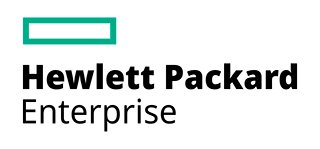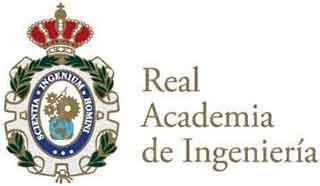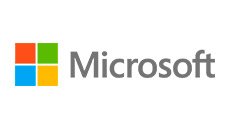
These strategic alliances represent the commitment and willingness of companies to work closely with the School in everything related to the design and delivery of its programs, with special attention to academic methodology. These alliances are the maximum exponent of the broad and deep collaboration of the School with the professional sector.
For the School, these Strategic Alliances are a great source of pride.





Industrial Partners are companies that are linked to a laboratory or workshop, developing an activity related to one of their areas of excellence. It is a privilege to have practical activities in areas such as artificial intelligence, digital twins, advanced simulation, virtual reality, artificial vision, inventory management, etc., conceived by top-level companies.
Artificial intelligence (AI) has become the new industrial revolution, profoundly transforming every sector. AI is revolutionizing the way we work and live. This technology enables machines to learn from experience, adapt to new inputs, and perform human tasks with unprecedented precision and efficiency. From healthcare, where AI algorithms can diagnose diseases more accurately than human doctors, to manufacturing, where intelligent robots optimize production, AI is redefining the boundaries of what is possible.
Moreover, in sectors like education, AI is driving innovations that elevate student learning and training to previously unattainable levels. Artificial intelligence is not only changing how industries operate but also creating new opportunities and challenges in the modern world.
In its steadfast commitment to continuous improvement and providing top-quality higher education, Universidad Europea has partnered with Microsoft, a global leader in AI, signing a collaboration agreement that positions Microsoft as its technological reference partner in artificial intelligence.

20.000
We’ve taught 20,000+ students since we got started.
70
We’ve welcomed students from 70+ countries.
70
We offer 70+ degree programmes, including bachelor’s, official master’s, qualifying master’s, the University’s own certifications, and advanced vocational training.
Facilities
Bridging Industry and Academia
This document presents the School’s wide variety of partnerships with the professional world, which it maintains in order to achieve its goal of bringing industry standards into the classroom.
Steam Essentials
In publishing this series of white papers, the School seeks to spread knowledge of important current topics related to STEAM in a format that is easy to read, understand, and share while nonetheless meeting strict academic quality standards.
Coming Soon:
Available for Download:
Pensamiento sistémico (October 2023)
De residuos a recursos: la revolución de la economía circular (June 2023)
La revolución material. La biofabricación y el food-waste como nuevas presentaciones del diseño (May, 2023)
Los biomateriales en el ecosistema constructivo (March, 2023)
Gemelo digital (January 2023)
Computación cuántica: ¿de dónde venimos y hacia dónde nos dirigimos? (October 2022)
Megaciudades supersostenibles. Soñando el futuro: hacia un nuevo metaurbanismo computacional (October 2022)
Vehículo eléctrico: presente y futuro (June 2022)
Criptoactivos, blockchain y NFT's (May 2022)
5G: La inmediatez de la tecnología (March 2022)
La movilidad de proximidad en la era del urbanismo digital (February 2022)
La ciudad y los datos: nuevas realidades urbanas de la dimensión informacional(January 2022)
Asistentes cognitivos en ingeniería de sistemas (December 2021)
Transición energética sostenible (November 2021)
Hidrógeno como nuevo vector energético: presente y futuro (October 2021)
Ciberseguridad e infraestructuras críticas (July 2021)
Blockchain (May 2021)
Sistemas de sistemas (April 2021)
¿Necesitan tener ética los robots? (March 2021)
Gravedad cuántica (January 2021)
Impresión 3D: revolucionando la fabricación (November 2020)
Grafeno: concepto y aplicaciones (October 2020)
Big Data: la revolución de los datos (July 2020)
Inteligencia artificial: presente y futuro (July 2020)
Nanotecnología (September 2020)
Publication’s Technical Committee:
Dra. Bernaldo , María Olga
Cruz Palenzuela, Samuel
Delgado Piña, Lorena
Dr. Gallach Pérez, Darío
Dr. García, Alejandro
Dr. Gassó Tortajada, Vicent
García Martínez, Daniel
Dr. González González, Francisco Javier
Dr. Jurado Egea, José
Dra. Inglés, Beatriz
Dra. Lado Touriño, Isabel
Dr. López Arquillo, Juan Diego
Dra. Pizarro Juanas, Esther
Dr. Porto Schettino, Mateus
Dr. Puertas Sanz, Enrique
Dr. Sols Rodríguez-Candela, Alberto
Torres Alegre, Santiago
Sánchez Gallego, Jaime
Reports
This section contains the School’s reports. The version published in 2019 was the first annual report to use the current format:
Number 8
Number 7
Number 6
Number 5
Number 4
Number 3
Number 2
Number 1